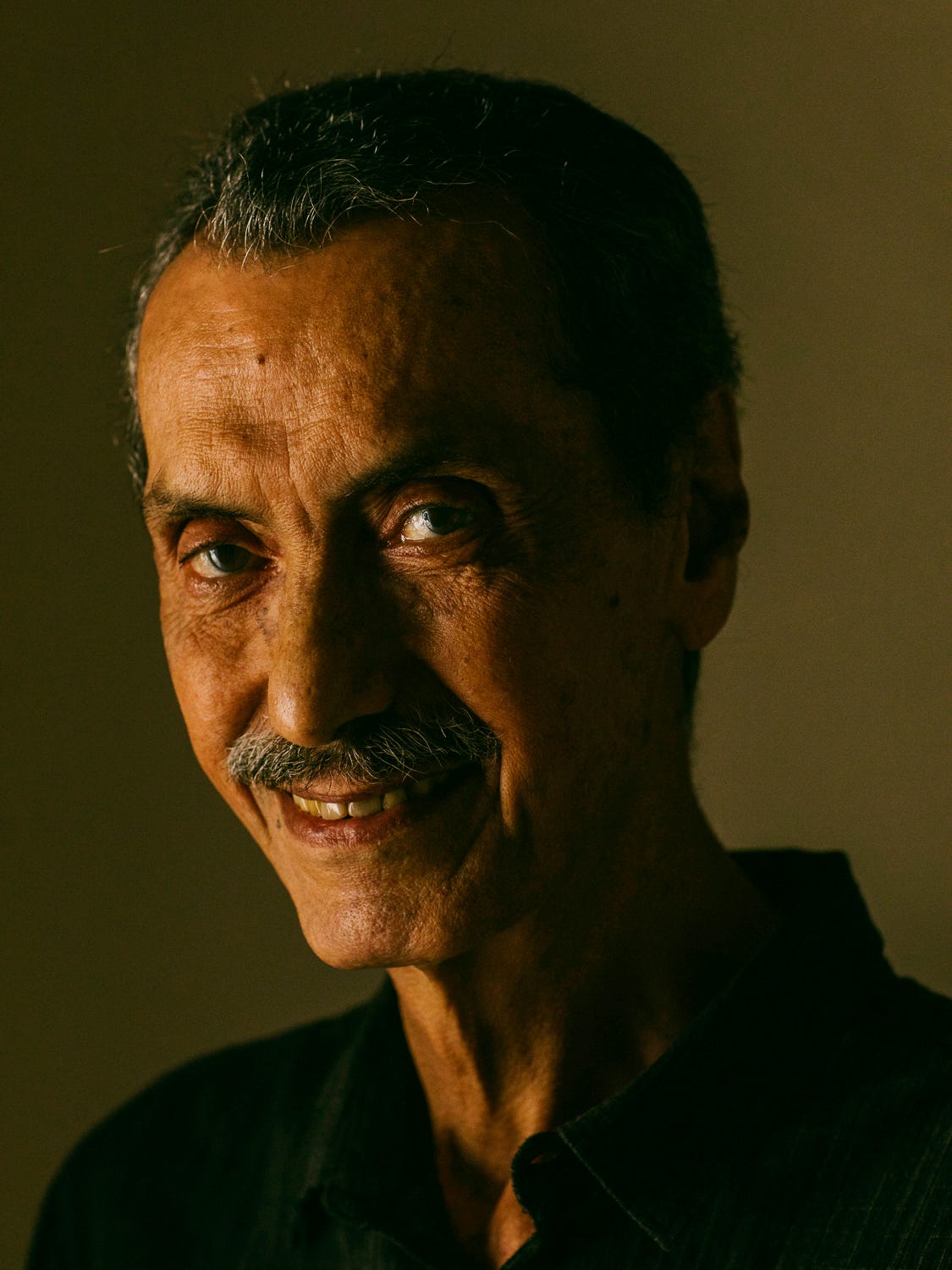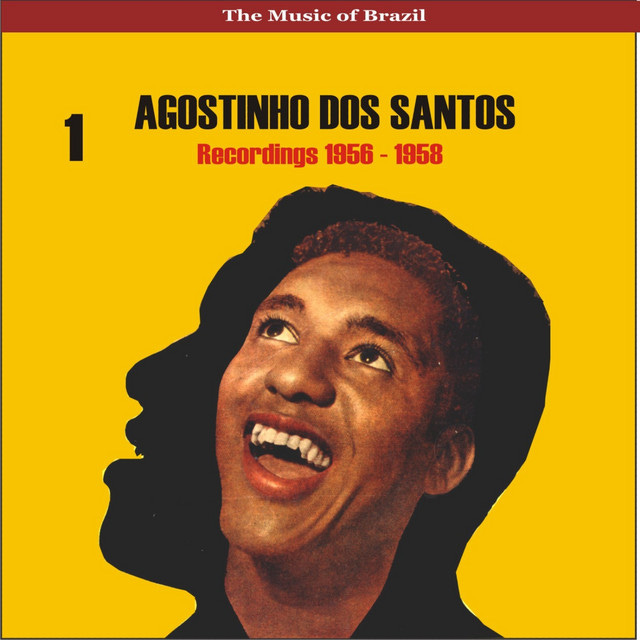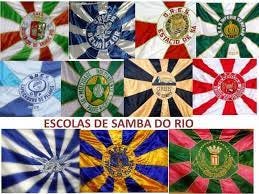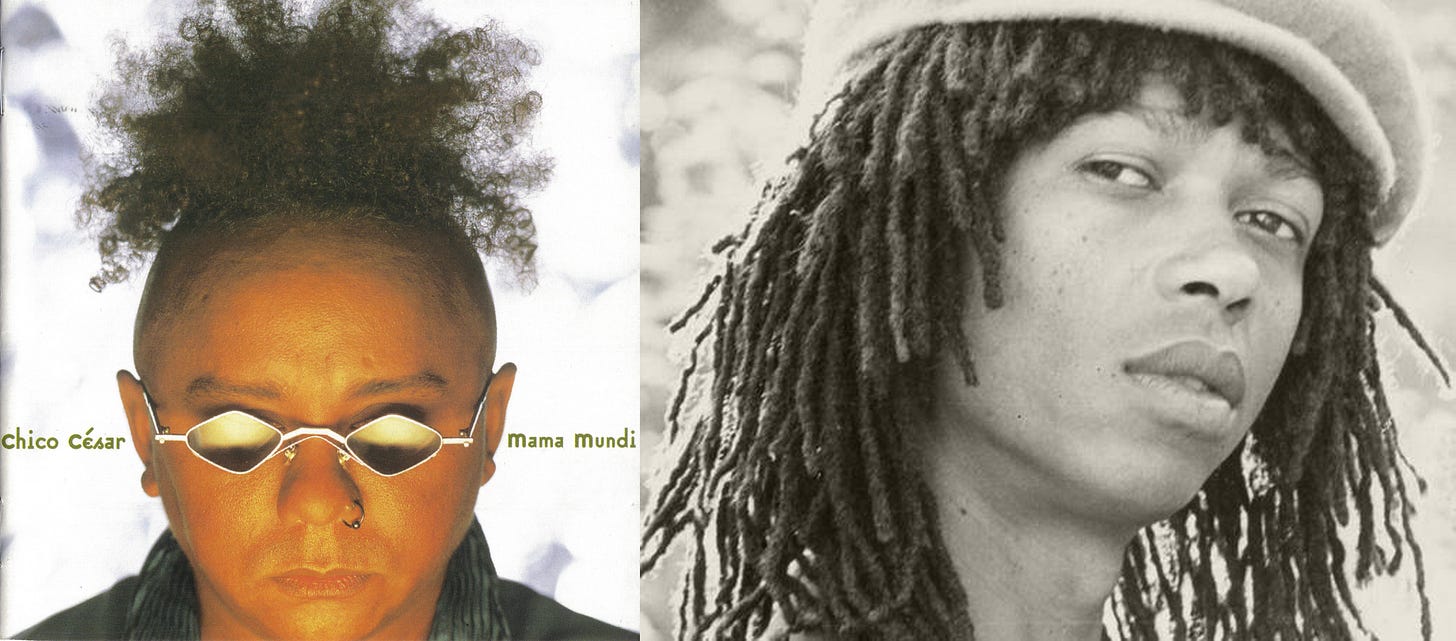Meia Volta #4: The singer behind "Black Orpheus", the smile of Arthur Verocai, Aíla's fav Brazilian jam, and more!
Painting a Fuller Picture of Brazilian Music
We are back, Brazilian music lovers ❤️
Co-editors Beatriz Miranda and Ted Somerville here - and we are pleased to present you with issue #4!
By the way, did you get the chance to check our Instagram page?
Meia’s Instagram offers you our favorite new songs, discoveries of rare gems, fun video clips, and original content by our talented contributors. Follow us there to be in the know and share what you dig!
In this issue…
A Brazilian music testimonial by Pará music artist, Aíla; composer Arthur Verocai through the lenses of Kristin Bethge; a story of Bossa Nova through the voice of Agostinho dos Santos; and more!
Bora lá? :)
BRAZILIAN SONG OF MY LIFE
In this section, we are pleased to present Aíla. A singer, songwriter, and music director, Aíla is a prominent voice from the independent music scene of Brazil’s Amazon. Born in Belém, the capital of the state of Pará, Aíla extols the traditional and current music cultures birthed in the outskirts of North and Northeastern Brazil - such as pisadinha, brega, calypso, and carimbó.
The song she picked is “Pagu”, by Rita Lee and Zélia Duncan:
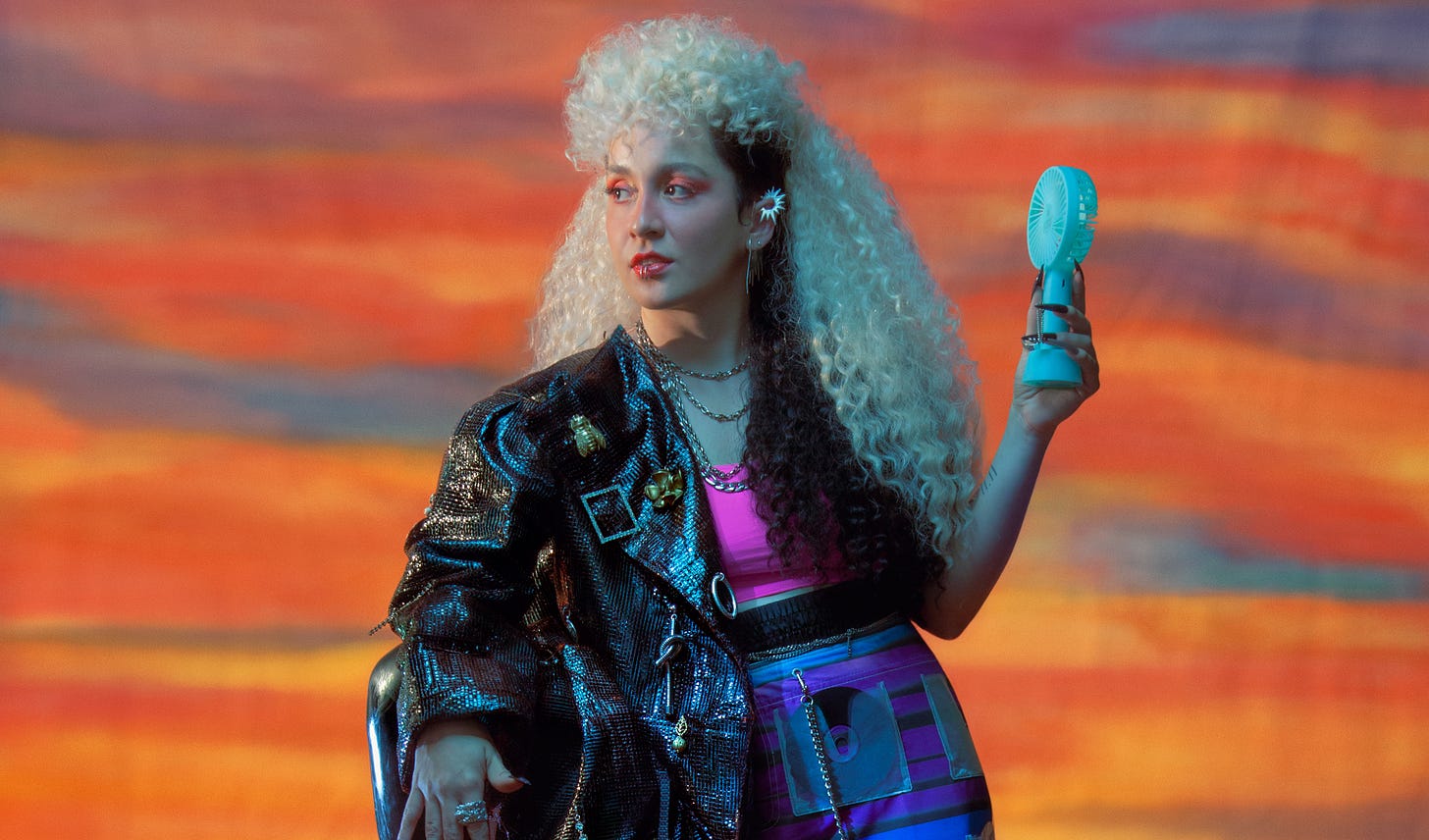
“I like music that lifts my feet off the ground, shakes my body and head, makes me laugh. Since I was little, my mother listened to a lot of Mutantes and Rita Lee, and there is a song that never leaves my memory, to this day... it is a Brazilian anthem from the feminist movement. It represents a symbol of a woman who breaks boundaries, who is bold, and courageous. This song without a doubt left a huge impact on me, and influenced me to be this kind of woman as well, in life, at work, in every way: “Pagu”. I really love it.”
BRAZILIAN MUSIC IN A PHOTO
Arthur Verocai by Kristin Bethge
By 1972, Rio musician Arthur Verocai was acknowledged among his peers for his genius arrangements (Leny Andrade and Jorge Ben Jor were two of his clients). That year, he released his debut album as a composer, but it didn’t succeed commercially. The self-entitled album fell from music enthusiasts’ sight for decades until DJs and collectors from the U.S. rediscovered that ‘Arthur Verocai’ (1972) was one of a kind. Since the early 2000s, the album’s tracks were sampled by Ludacris, Verocai made original arrangements for Tyler, the Creator, and he even scored a show for luxury brand Louis Vuitton. Verocai’s work became a reference for pop creatives worldwide.
German photographer Kristin Bethge shot Verocai for this excellent Guardian piece about his 180-degree music career twist in the last decades. She took this photo in 2022 in Verocai’s house, in the South side of Rio de Janeiro. Kristin especially loves “Na Boca do Sol”, a classic from Verocai’s watershed 1972 album.
INTERSECTIONS - BOSSA NOVA AND CINEMA
Released in 1959, “Black Orpheus” represented the official debut of Bossa Nova in the global film industry. The French-Italian-Brazilian production stood out in theaters worldwide for its original Bossa Nova soundtrack, composed by musicians Tom Jobim and Luiz Bonfá.
Awarded at high-profile festivals like Cannes, BAFTA, and the Golden Globe, Black Orpheus turned “Manhã de Carnaval” and “A Felicidade” into classics of the Bossa Nova repertoire.
And behind the voice dubbing Orpheus at “Manhã de Carnaval” and “A Felicidade” is Agostinho dos Santos, an overshadowed but fundamental singer to Bossa Nova history.
Before “Black Orpheus” catapulted his career internationally, Dos Santos was a respected radio singer in Brazil, earning local awards for his exquisite vocal performances on radio and TV shows.
Having released over 50 albums, Dos Santos partnered with Johnny Alf (the Black pianist who foreshadowed the Bossa Nova aesthetics); supported the early-career days of Milton Nascimento; and performed at the historic Bossa Nova night at Carnegie Hall in 1962.
ON THAT NOTE…
January 25th marked the Day of Bossa Nova, and the 30th marked the Day of Saudade. “Saudade” is the Portuguese word for the nostalgic longing of someone or something. The word appears in “Chega de Saudade” (1958), the song that inaugurated Bossa Nova in the phonographic industry.
WHAT’S ON?
With the countdown for Brazil’s carnival, we’ve curated a list of samba schools from Rio and São Paulo paying tribute to Brazilian music artists and scenes. Check below:
Estação Primeira de Mangueira - Samba and Pagode singer from Maranhão, Alcione.
Nenê da Vila Matilde and Império da Tijuca - coincidentally, both samba schools (from São Paulo and Rio de Janeiro, respectively) are paying tribute to Lia de Itamaracá, the matriarch of ciranda, a traditional music culture from Pernambuco.
Lins Imperial - the school from the Lins neighborhood, in Rio’s North Zone, will talk about Jovelina Pérola Negra, one of the outstanding female voices of partido alto (one of the many expressions of samba music).
Vai-Vai - The São Paulo school will sing the history and legacy of São Paulo’s hip-hop culture.
Flor da Mina do Andaraí - they will shed a light on the importance of Renascença Clube, an association that played a key community role for Black people in Rio’s society. Today, Renascença is pretty much a temple of samba in Rio de Janeiro.
Império de Casa Verde - this samba community will be talking about Fafá de Belém, one of the first voices from the North of Brazil to gain visibility in the music industry.
Imperatriz da Paulicéia - this one will be honoring maracatu, a music and dance culture with African roots that, representing the resistance of the African diaspora, was developed in the Northeastern state of Pernambuco.
AND HAPPY BIRTHDAY TO:
Chico César and Djavan, two Brazilian music greats who just turned 60 and 75 years old, respectively. You might not know their work - but definitely should! Below are our favorite jams by each of them - enjoy!
Chico César - “Mama África” (1995):
“Mama África is quite representative of what seems to be the spirit of Chico César’s music, touching on matters that affect him - politically, existentially, emotionally - with perspicacious poetry. Long story short, Mama África is a soulful chronicle of social, race, and gender inequalities in Brazil” - Beatriz Miranda
Djavan - “Nereci” (1978):
“Aside from the catchy melodic lines that Dvajan crafted, the beauty of this song is in its impeccable groove and sweetness of the accompanying singer Marizinha. The vibes solo and sprinkled guitar lines are also perfection. The song just has so much a feeling. Its only flaw is that it should last another 20min. I always have to put it on repeat” - Ted Somerville
If you liked this edition, please share Meia Volta with your friends and follow us on Instagram. Thanks for reading, and we’ll see you in Issue #5 after Carnival season! 💃
Sources:
https://piaui.folha.uol.com.br/o-marco-zero-da-bossa-nova/
https://www.terra.com.br/diversao/musica/registro-inedito-de-show-do-cantor-agostinho-dos-santos-e-lancado-em-cd,ab77e4c11919cb75984936edba74bd76t8nn6c87.html
https://www.bbc.com/portuguese/brasil-63742499


